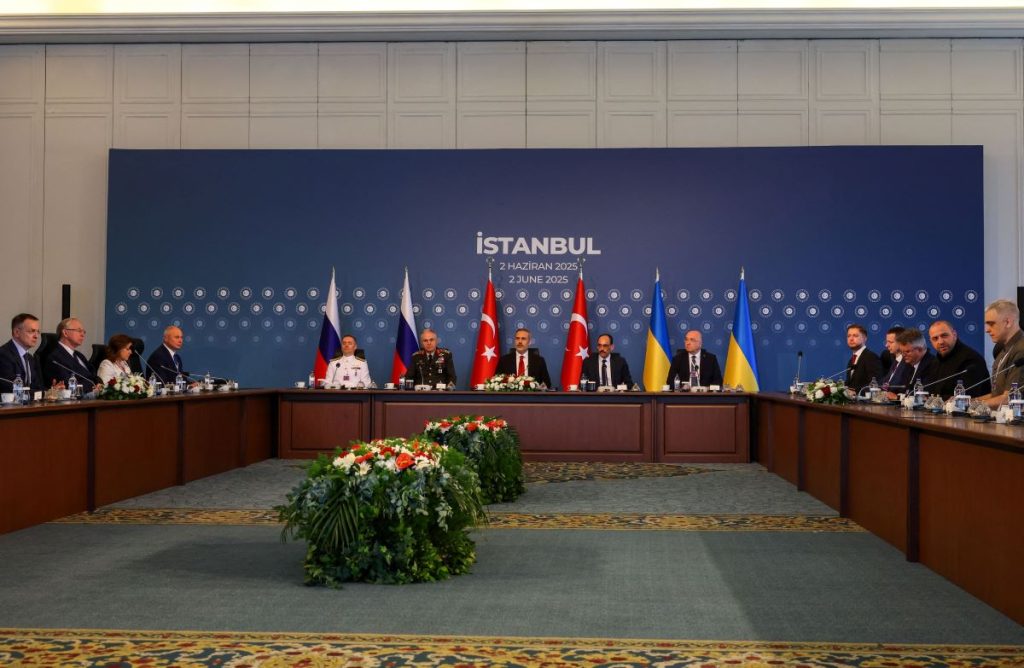Absorbed by the unprecedented tragedy of the wildfire in Mati, we did not pay enough attention to other important developments, especially those concerning the country’s economy.
During these difficult days, the IMF issued its report on the prospects of the Greek economy, and the German parliament gave the green light to the European Stability Mechanism (ESM) for the disbursement of the last, big 15bn euro loan tranche, in order to bolster Greece’s cash reserves and ensure the country’s return to the markets.
The German parliament’s approval was accompanied by positive comments on Greece’s great efforts.
On the contrary, the IMF report was full of doubts, even though it accepts the sustainability of the Greek debt.
The IMF is calling upon Greece not to diverge from the commitments it has undertaken, to faithfully implement pension cuts and the lowering of the tax-free threshold, and to maintain the current status of labour relations. It urges the government to adopt proactive employment practices instead of raising the minimum wage.
Essentially, the Fund doubts Greece’s capability to achieve primary surpluses in the long term. It projects that in the middle of the next decade there will be a fiscal fatigue, and hence it does not expect high growth rates in the medium term. That, combined with negative demographic prospects, will unsettle the sustainability of the debt in the long term.
In addition, the IMF notes the potentially negative impact of the coming electoral period. For this reason, it insists on reforms that must be dynamic and uncompromising as regards the political cost, so as to create a strong growth wave, which is the only thing that can limit the impact of all the other negative factors.
The rationale of the fund, as harsh as it may be, is well-grounded.
That is exactly what the recent tragedy indicates.
The country is in need of general, organised, and disciplined reforms, without hindrances. Without that, the country is in danger of getting lost with the first blowing of the wind.




